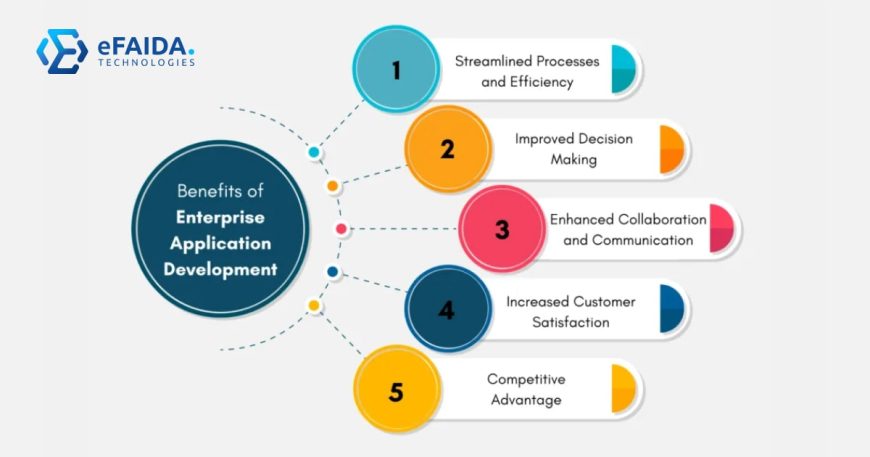Introduction
The work of developing enterprise software is one of the most involving and difficult missions that require people with multi-dimensional skills and expertise to excel in it. Here, along with functional expertise, these competencies and best practices include clear communication and efficient project management are also must-haves for the developer and the team who play an integral role in an enterprise software system. This onus will be carried out by the presenter by explaining the key competencies needed in building enterprise software and the contribution they make in the development process.
Technical Skills
1. Programming Languages:
Knowledge of programming languages becomes an inseparable part of a programmer’s arsenal including Java, C#, Python, and JavaScript. The programmers must have the ability to write masterminded, organized code that is efficient as well as meets the demands of the project.
2. Database Management:
DBMS is one of the chief skills used for dealing with the big bunch of data that is handled in the enterprise software industry. Knowing SQL and NoSQL databases is as necessary as breath is for a living being.
3. Web Development Frameworks:
The interweaving of web development frameworks like Angular, React, and Vue.js is highly important to craft a user interface more engagingly and fluidly. They are also used for the integration of the front-end components with back-end systems.
4. Cloud Computing:
It is becoming more and more valuable for any enterprise software development firm to be proficient with cloud computing platforms, like AWS, Azure, and Google Cloud, which are regarded to be scalable and flexible.
Managerial Skills
1. Project Management:
Having good project management skills will help with the governance of the development process, and synchronization of the team members, and enable the project to be completed within time and budget.
2. Team Leadership:
It would be good leadership when a manager provides direction to the team, inspires and resolves any conflicts, and makes sure everyone is in the same direction.
3. Communication:
Effective communication techniques are required to interact with teammates, key clients, and stakeholders so that everyone is urged to be in the loop of project progression and requirements.

Collaborative Skills
1. Collaboration and Teamwork:
The capability of working well in a team that includes team members, stakeholders, and customers is fundamental in writing enterprise software that satisfies them all.
2. Problem-Solving:
Being a successful problem-solver is essential in the whole process of identifying the issues and finding the appropriate solutions for your project of enterprise software.
3. Adaptability:
The flexibility to respond to modified or new requirements, technologies, and conditions is an essential attribute of the software engineering process that delivers software products that are consistent and effective for the long term.
Conclusion
Delivering enterprise software involves a rather unique combination of technical skills and expertise, such as solutions architecture, database collocations, and good collaboration. By training the appropriate skills and working together in a team, developers can develop applications that can fulfill all the complicated demands among large organizations, as well as create great market successes.
FAQs
Q1. What skills are needed to build enterprise software?
A: Developing software for an enterprise inevitably implies mastering a broad array of skills such as programming languages and database management as well as taking care of managers and being able to work as part of a team.
Q2. Why is project management important in building enterprise software?
A: Project management is critical since it ensures that the development of products happens in a structured, efficient, and with the desired timeline and budget.
Q3. How can I improve my technical skills in building enterprise software?
A: It may be helpful to hone your operational skills by doing the coding, keeping you aware of state-of-the-art technologies, and completing online learning or attending events.
Q4. What role does communication play in building enterprise software?
A: Collaboration especially with colleagues, stakeholders, and clients has communication as its core point. This will help everyone know the status of the activity and the goals.
Q5. Why is adaptability important in building enterprise software?
A: Agility matters, for it raises the developers and their teams to be proactive at solving arising issues.




